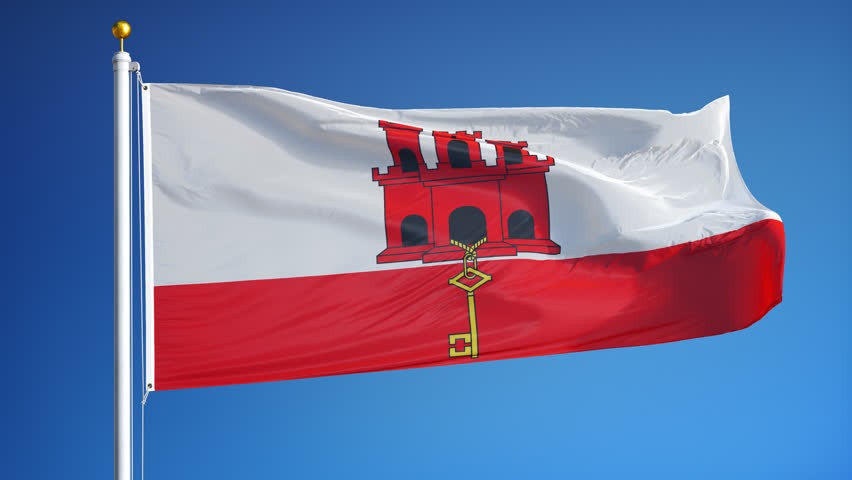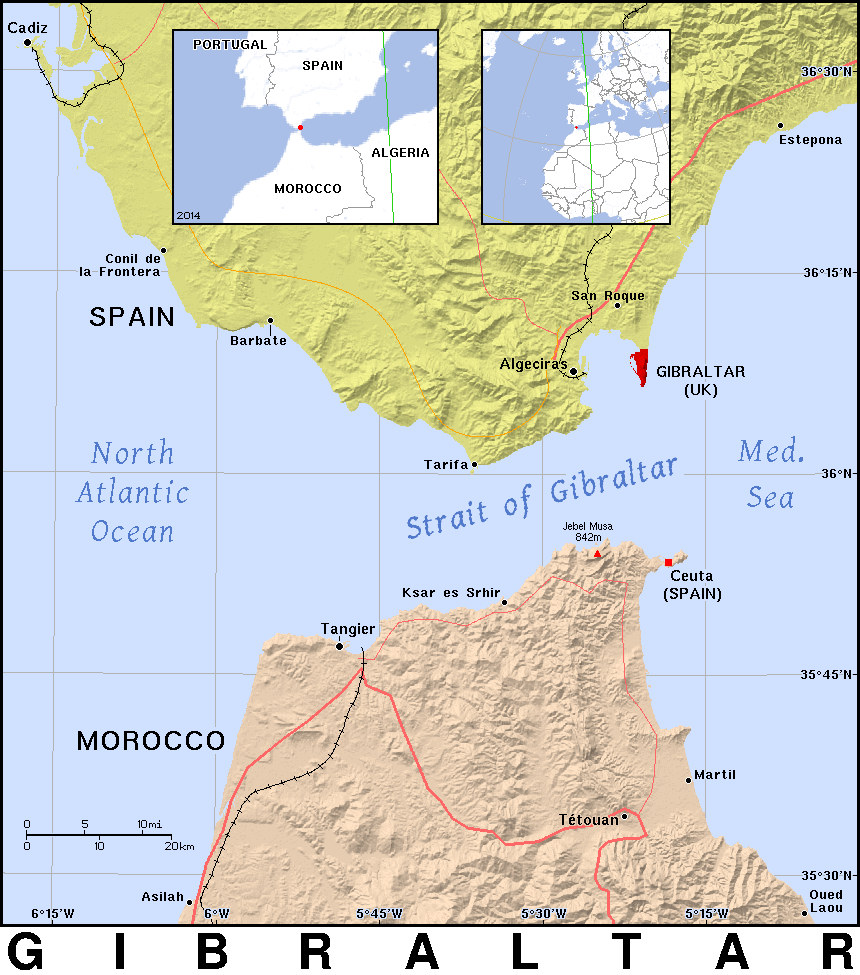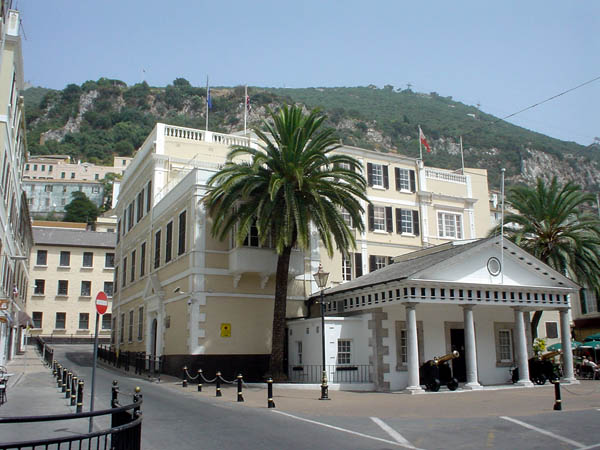
A Gibraltar Asset Protection Trust offers foreigners (non-residents) an asset protection tax free structure even when the trustee is a resident and the trust is fully managed in Gibraltar with a local bank account. In essence, the trust is domestic except for the settlor and beneficiaries being foreigners.
Originally, Gibraltar adopted the UK Trustee Act of 1925 and the UK Variation of Trusts Act of 1958. In addition, the ability to engage in a variety of investments was included in the UK Trustee Investment Act of 1961.
The Trustee Act of Gibraltar of 1989 (hereinafter, the “Act”) along with the Trusts (Private International Law) Act of 2015 govern the formation, accepted activities, and termination of all trusts.
Asset Protection Trusts
Assets Protection Trusts were created by an amendment to the Bankruptcy Act in 1990. It allowed that transfers of assets to a trust may not be challenged by a settlor’s or beneficiary’s creditor if certain conditions are met:
1. The settlor is a natural person (not a corporate body or a legal entity).
2. At the time of the transfer the settlor was not insolvent.
3. The settlor did not become insolvent as a result of the transfer.
Background
Gibraltar is located on the southern tip of the Spanish peninsula. It has been a British Overseas Territory since 1713. English is its official language with Spanish as its second language.
Its political system is described as a “representative democratic parliamentary dependency under constitutional monarchy” which is the British Crown.
Benefits
A Gibraltar Asset Protection Trust provides the following benefits:
• Total Foreign Participation: The settlor and all of the beneficiaries can be foreigners.
• No Taxation: Trusts and their beneficiaries pay no taxes of any kind. However, U.S. taxpayers and others who pay taxes on world income must declare all income to their tax authorities.
• Asset Protection: Creditors are prevented from seizing trust assets unless the settlor became insolvent when transferring assets to the trustee.
• Privacy: Although an asset protection trust must register, the name of the settlor and the beneficiaries are not part of any public records.
• Confidential: Trustees must maintain confidentiality regarding all information concerning a trust.
• Estate Planning: With a lifespan up to 200 years, trusts can provide estate planning benefits for many generation of the settlor’s family and their heirs.
• Fast Formation: Trust documents can be prepared in one day with registration within one more day.
• English: Being a British Overseas Territory for over 300 years makes English its official language.

Name
Trust cannot choose a name which is exactly alike or closely resembles a legal entity’s name in Gibraltar.
The word “Trust” must appear at the end of its name to prevent confusion amongst third parties doing business with a trust.
Duration
Trust can have a lifespan up to 200 years. The Act eliminated the Rule against Perpetuity.
Formation
The creator of the trust (known as a “settlor”) agrees with a third party (known as a “trustee”) to execute a trust agreement (known as a “trust document” or a “trust settlement”) identifying the initial settlement (typically 100 GBP or shares in an offshore company) known as the “trust assets”. In essence, the trustee agrees to hold ownership title to the trust assets on behalf of persons named by the settlor known as the “beneficiaries”.
The trust assets may be cash or funds held in a bank or other financial institution, property (real estate or movable physical properties), securities, etc. The cash and funds can be in any currency with no exchange controls. These assets must be gifted, transferred, or conveyed to the trustee.
The trustee hold and manages the trust assets to benefit the beneficiaries named in the trust document
Registration
While other trusts do not have to register with the government, asset protection trust must register.
Application for registration must include the following information:
• Trustee’s name and address;
• Name of the Trust
• Identity of the asset;
• Date the asset was transferred to the trustee; and
• Country of residence of the settlor.
In addition, the trustee must submit an application declaring:
• The trustee made inquiries of the identity of the assets;
• The settlor provided all requested information of the inquiry;
• The settlor signed a sworn affidavit in front of a notary verifying that he or she is not insolvent.
Settlor
The settlor transfers assets to the trustee and executes the trust document. One the transfers are complete, the settlor no longer owns the assets. The trustee confidentially administers, manages, and distributes the trust’s assets and income according to the terms and conditions written in the trust document. As a result, there is no need for the settlor to prepare a will.
Letter of Wishes
Settlors typically provide the trustee with a document setting out how the settlor desires his or her assets will be managed and administered by the trustee. This is known as a “Letter of Wishes” which can be amended throughout the life of the settlor. Upon his or her death, the Letter of Wishes should designate how the remaining trust assets will be distributed amongst the beneficiaries.
Letter of Wishes are often used with private foundations and not with trusts. However, whenever a jurisdictions laws allow for “discretionary trusts” they often allow for some form of a Letter of Wishes allowing the settlor to limit the discretionary powers of the trustee and/or retain certain powers for the settlor. Since the Act allows discretionary trusts, a settlor’s Letter of Wishes is also permitted.

Trustee
Trustees of asset protection trusts must be a company with a permanent local business address and authorized to act as a trustee by the Financial Services Commission.
Trustees must follow the terms of the trust document and the Letter of Wishes. In addition, trustees are required to prepare books and accounting records for the settlor, protector, and the beneficiaries.
Experts
When the trustee lacks the education, skills, or expertise to manage the trust assets; the trustee normally has the power to appoint investment advisors, bankers, or stockbrokers to advise the trustee. However, these are merely “advisors” and cannot make investment or management decision themselves as this function is normally reserved solely for the trustee in the trust document.
Beneficiaries
The named (or to be named in the future) persons who receive the benefits from the trust are known as the “beneficiaries”. They can reside anywhere and be citizens of any country.
Protector
The trust document may appoint a person as the “Protector” to supervise the trustee. Normally, the trust document require prior consent from the protector before a trustee may exercise certain powers. In many cases, the trust document gives the protector the power to remove the trustee and to appoint another.
Most settlors choose a close advisor or a trusted friend to act as the protector.
Confidential
The administration of the trust and distribution of the trust assets and their income remain confidential. This includes the names of the settlor and the beneficiaries.
Taxes
Trusts with non-resident settlors and beneficiaries with the trust income generated outside of Gibraltar pay no taxes of any kind. This includes no income tax, corporate tax, capital gains tax, gift tax, inheritance, tax, wealth tax, and no stamp duty.
Note: U.S. taxpayers must report all worldwide income to their IRS like everyone paying taxes on their worldwide income must report all income to their tax agencies.
Accounting
There are no requirements for audits or filing financial statements or any accounting records with the government.
Public Records
Since trusts are not registered with the government, no public records exists regarding them.
Formation Time
A trust can be prepared in one day.
Conclusion
A Gibraltar Asset Protection Trust offers these benefits: 100% foreign participation, no taxes, asset protection, privacy, confidential, estate planning, fast formation and registration, and English is the official language.


